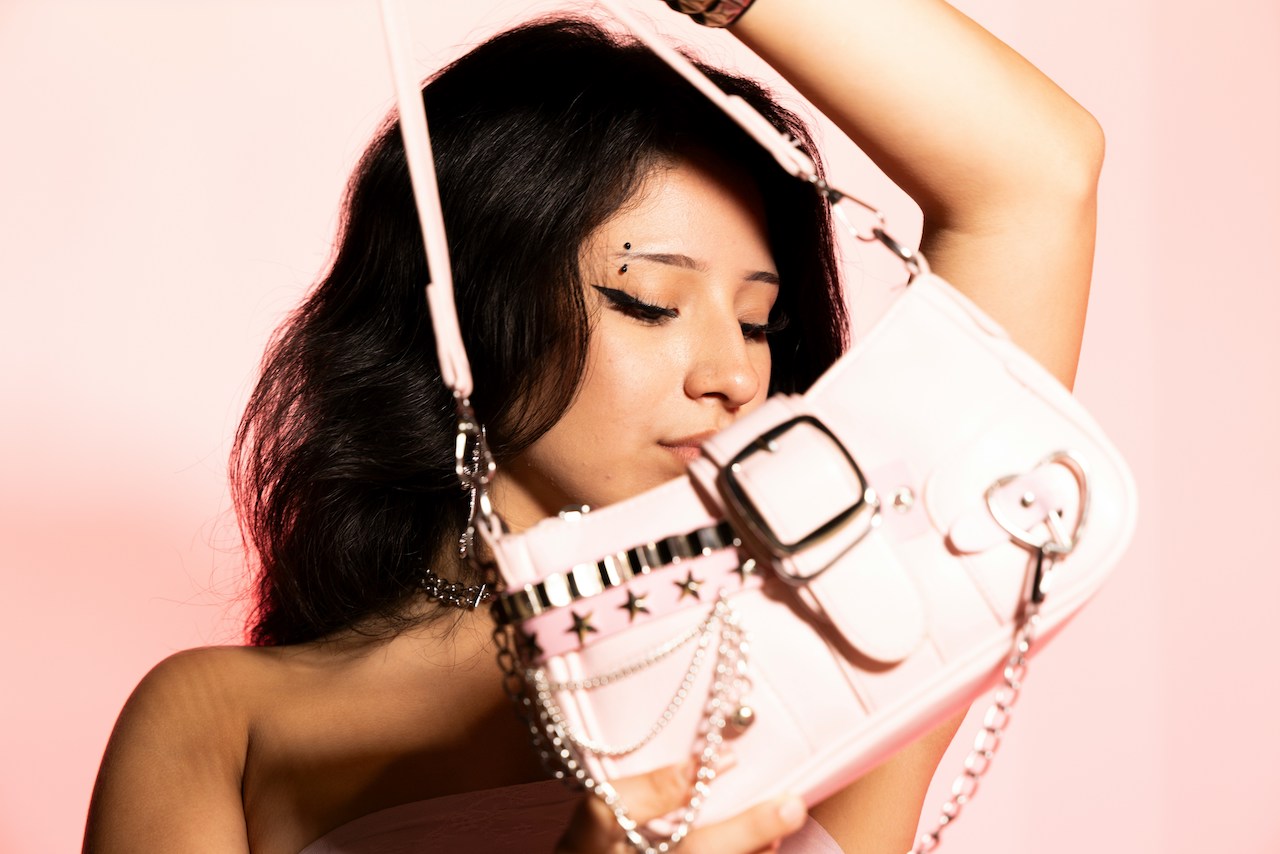By Violet Thompson
When people find out that I’m transgender, the first question I’m usually always asked is, “so, are you going to do the surgery?” It doesn’t matter if it’s someone I’ve known for a long time, or a complete stranger ÔÇô I’m usually always asked about my genitals. It doesn’t matter if it’s in a public space, which makes the whole affair quite embarrassing, or via text. My genitals, and what I intend to do with them, is the only way in which most non-trans people can comprehend transgender identities and experiences, and gender as a whole. Here’s the thing ÔÇô I have no idea what my transition journey will involve. Which makes the whole idea of validating my experiences a complicated and difficult matter.
I don’t blame cisgender people for viewing transgender individuals in such a binary way. It’s the only way in which transgender experiences are discussed within the mainstream media, on the rare occasion that transgender individuals are represented at all. Simple narratives of “comes out as a trans man/woman, immediately transitions, is happy” fulfil a simplistic, palatable story for mass audiences, but are generally unrepresentative and invalidating. Differences to these simplistic binaries are generally not represented, or are often deemed invalid. Identities which are non-binary or fluid, for example, are barely represented. Transgender men who don’t conform to stereotypes of masculinity, or transgender women who don’t embrace feminine stereotypes, are often rejected as not “trans enough”. Although normative representations are often celebrated by mass audiences, they’re often wholly unrealistic. And that’s where issues of validation arise.
The expectations of transgender people to act, dress, transition and speak in a certain way only serves the idea that there’s only one way to be trans. Which is ridiculous. We’re beautiful, diverse, young and old, with wonderfully subjective experiences and objectives, all of which are valid. Yet, transgender people are judged based on how well they adhere to certain norms of what cisgender people assume of them. Believing in your identity isn’t enough, you need to prove it to cis people. You need to fit into two binary options ÔÇô trans man, and trans woman. You then need to choose between she/her or he/him pronouns, come out to your parents, buy some clothes, and book an appointment for your surgery. Anything less than that, be it not knowing what you want to do, but knowing you’re trans, or not fitting into a binary frame of normative identities, simply means you’re not valid. There’s no point in trying to explain it, because you’ll be written off by the cis masses. Which is extraordinarily problematic.
Again, I get it. Transgender individuals, voices and experiences are extraordinarily underrepresented. We’re rarely represented, and when we are, it’s often accompanied by ridicule, demonisation and harmful stereotypes, a reliance on the “transition narrative”, or, transgender characters are played by cisgender actors, which simply fulfils the narrative that transgender women are drag queens. Misrepresentation, and underrepresentation, has devastating real-world consequences. Transgender individuals are disproportionately at risk of violence or murder, with many of these cases often going unreported, or unpunished. In the United States, the “trans panic” defence, where those who have committed acts of violence, or even murdered transgender individuals argue that they simply “panicked” upon realising their victim was transgender during sexual acts, has only been outlawed in three states. Transgender children, teenagers and young people are disproportionately at risk of bullying, mental health issues and suicide. So, the notion that transgender people complain too much about media representations, or that this isn’t an issue, is an absolute fantasy.
Invalidation isn’t just an issue when it comes to how trans people are viewed, but also, in how trans people view themselves. I’m at a point where I’m comfortably “out” at university, but not to my parents, and I haven’t started any kind of medical transition. And because I haven’t done that yet, and because I don’t look particularly feminine, I often feel incredibly invalidated. I’m always holding myself to certain standards of “what trans looks like”, or even, what trans feels like. If I’m not constantly feeling dysphoric, then I tell myself I’m not trans. If for a couple of days I don’t shave, and I don’t die over it, I tell myself I’m not trans. If I decide that I have to take some things slowly, like wanting to experiment with makeup and clothes, as opposed to other people who have fully transitioned years before me, then I tell myself I’m not trans. Mainstream conceptions of transgender experiences contribute to this internal questioning and prejudice, which in turn, can lead to issues such as mental health problems and suicide.
Transgender people and their experiences are valid, but the entire spectrum of trans experiences and identities must be acknowledged too. Of course, it’s impossible to create a representation which is wholly representative, but an acknowledgement of the subjective nature of transgender experiences is vital. Importantly, this is also possible. Ryan Murphy’s latest show Pose features transgender actors playing transgender characters, as well as portraying stories which go beyond the “transition narrative”. Transgender subjectivities are an incredible thing ÔÇô the diversity among identities and experiences are all valid, yet this is often not represented within mainstream contexts. We must stop judging trans people based on what makes the most sense to cis people, because we can fight the epidemic of violence against transgender people, and suicides. However, we must educate cisgender audiences on trans subjectivities, while also validating them. Trans is beautiful, and I think we need to remind people of that sometimes.


